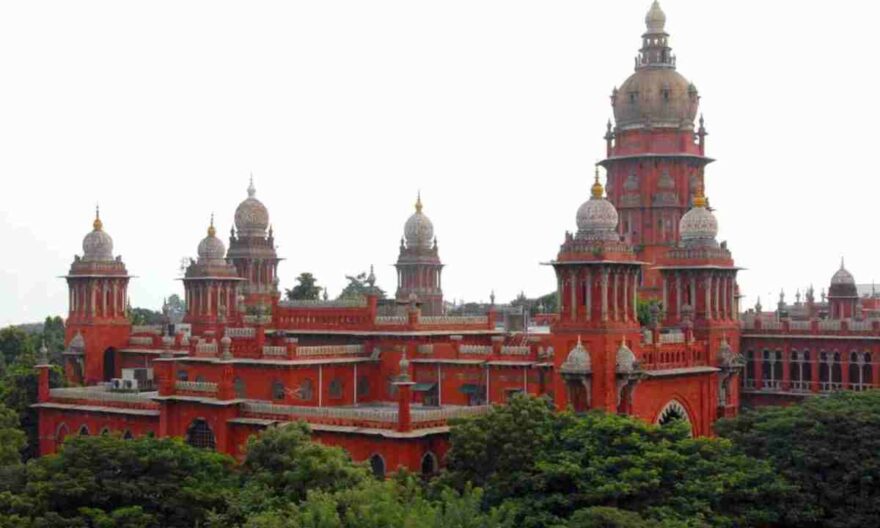
The Madras High Court has recently issued a directive to the Tamil Nadu government, instructing them to verify the assets of all state government employees, particularly police officials, and seize any “ill-gotten wealth” acquired by such officials.
The court expressed concern over the increasing corruption in India, which has permeated various levels and services, including the Indian Administrative Service (IAS), Indian Police Service (IPS), and judicial service.
The Court noted, “Corruption in India has become deep-rooted and is galloping unchecked and unhindered. It is well known how our Great Nation appears to be sinking deeper and deeper into corruption. There is little doubt that corruption in present-day India pervades all levels and all services, not even sparing the IAS, IPS, and judicial service.”
In its order on July 12, Justice SM Subramaniam also instructed the State home secretary and the Director General of Police to verify the mandatory declarations made by police officials as required under Rule 9 of the Tamil Nadu Subordinate Police Officers Conduct Rules.
Further, the court directed the authorities to investigate the authenticity of these declarations, including assets held in the names of family members, relatives, and acquaintances.
Rule 9 of the Conduct Rules mandates that every police officer must disclose their assets and liabilities within 3 months of their first appointment and subsequently at 5-year intervals.
The Court stated, “The Respondents one and two are directed to verify the mandatory declarations being given by the Police Officials periodically across the state of Tamil Nadu with reference to rule 9 of the Tamil Nadu Subordinate Police Officers Conduct Rules, 1964, and verify the genuinely of the declarations including all the assets purchased in the name of the family members, relatives and persons known to them.
In the event of any discrepancies, contradictions or otherwise, all appropriate actions have to be initiated, including confiscation of illegally accumulated wealth through corrupt practices.”
The Court’s observations were made during a plea filed by M Rajendran, a government employee facing disciplinary action for alleged disproportionate wealth accumulation.
The Court discovered that Rajendran had made specific allegations of corruption and bribery against certain police officials in the State, leading to the acknowledgment of corruption prevailing at various levels in society.




